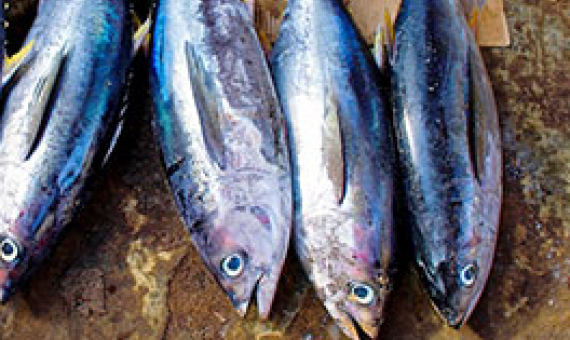Importance, Destruction and Recovery of Coral Reefs
Coral reefs are an incredibly valuable ecosystem. Coral reefs are being degraded worldwide by several reasons such as; human activities, increases in cyclone intensity, climate warming, bleaching and so on. The increasing frequency and severity of anthropogenic impacts throughout the global ocean have an impact on the coral reefs. This worldwide decline of coral reefs calls for an urgent reassessment of current management practices. Coral reefs are important for our world for several reasons.











